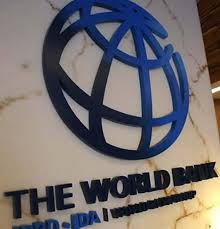The Federal Government has said the financial worth of direct economic damage in Nigeria caused by floods in 2022 is $7bn.
On Tuesday, the government also reported a loss of over 600 lives due to the disaster. It described the situation as the worst effect of climate change in Nigeria.
Vice President Kashim Shettima disclosed this at an event of the United Nations Framework Convention on Climate Change, in Abuja. His Deputy Chief of Staff, Ibrahim Hassan, read his speech.
He said, “We are all living witnesses to the ravaging floods of last year (2022), which held the country to a standstill for days. The World Bank’s Global Rapid post-disaster damage estimation assessment put the total direct economic damage to infrastructure to be about $7bn.
“This is equivalent to 1.6 per cent of Nigeria’s estimated 2021 Gross Domestic Product, not including the loss of over 600 lives. For Nigeria, that was climate change at its worst.”
Shettima
Shettima said climate change was the biggest challenge facing humanity today.
He stated, “Despite being a developing nation in the global south, Nigeria experiences severe impacts from climate change. For example, it ranks among the world’s top 10 most vulnerable countries to its effects.”
“This is despite our negligible contribution to overall global carbon emissions responsible for climate change. In fact, Africa as a whole, accounts for less than four per cent of total global carbon emissions.”
The Vice President said a lot of people from the North-Eastern part of Nigeria, including himself, bore the scars of climate change effects, and had to live with its impacts.
He outlined some of the impacts to include drought and desertification, disruption of rainfall patterns, leading to sandstorms, severe floods, destruction of farmlands, infrastructure and human settlements.




















